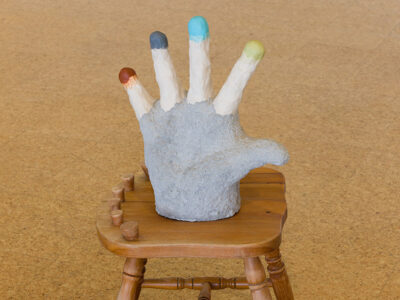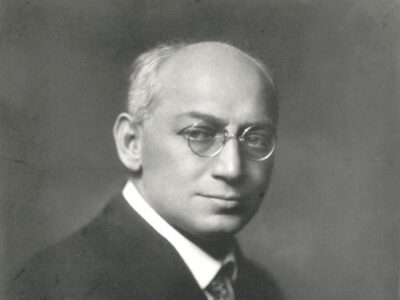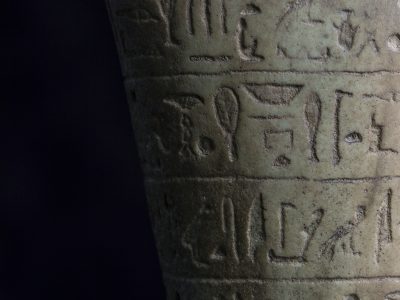The Ferenczi Archive at the Freud Museum London
In 2013, the Freud Museum received a donation of an important archive of letters, manuscripts, notebooks and photographs related to the life and work of Hungarian psychoanalyst Sándor Ferenczi.
The archive, which includes Ferenczi’s clinical diary and a number of unpublished documents, is of great significance to the history of psychoanalysis.
An intriguing journey
The story begins in Budapest in 1945. During the final winter of the Second World War, Budapest was besieged by the Soviet Army.
After the siege ended, the psychoanalyst Ilona Felszeghy visited the former home of Sándor Ferenczi, only to find it almost completely destroyed by the bombings. Scattered on the floors were manuscripts, letters and papers handwritten by Ferenczi and his colleagues. Felszeghy gathered them up and took them home.
The papers were passed on to Michael Balint, Ferenczi’s literary representative, when he next visited Budapest in 1948 in an attempt to find his own family. Balint had left Hungary for England in 1938, taking with him Ferenczi’s clinical diary and all the letters written from Freud to Ferenczi. These papers and more had been collected Ferenczi’s wife, Gisela, with the aim of publishing them when possible.
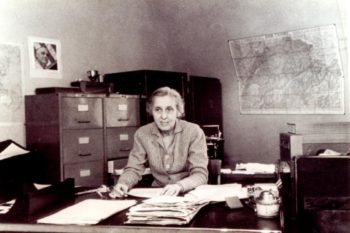
Elma Laurvik, Ferenczi’s step-daughter, in her office
Ferenczi’s step-daughters, Elma and Magda, were also involved in guarding his legacy. With constant delays to publication, they were concerned about the archive’s position after their and Michael Balint’s deaths. They proposed to Balint that he choose Dr Judith Dupont, a lifelong friend of theirs, as his successor. Dr Dupont, a psychoanalyst in Paris, was interested in Ferenczi’s work and had translated his work Thalassa into French.
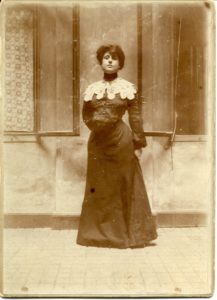
Vilma Kovács’ portrait in Ferenczi’s collection
Dr Dupont was born in 1925 in Budapest and comes from a family with strong links to psychoanalysis in Hungary: she is the granddaughter of Vilma Kovács, who trained as a psychoanalyst under Ferenczi, and the niece of Michael and Alice Balint, who were both leading psychoanalysts.
In 1970, the archive came to Dr Dupont, who set to work translating and publishing various parts.
In 2012, Dr Dupont officially donated the Ferenczi archive to the Freud Museum London, where it can be consulted and studied alongside the museum’s other archival collections.
The Freud Museum is committed to preserving the Ferenczi archive and making it available to all who wish to view it. The complete archive, as well as the Museum’s extensive archive of documents related to Sigmund and Anna Freud, is accessible by appointment.
The archive catalogue can be searched here. For appointments please contact [email protected].
